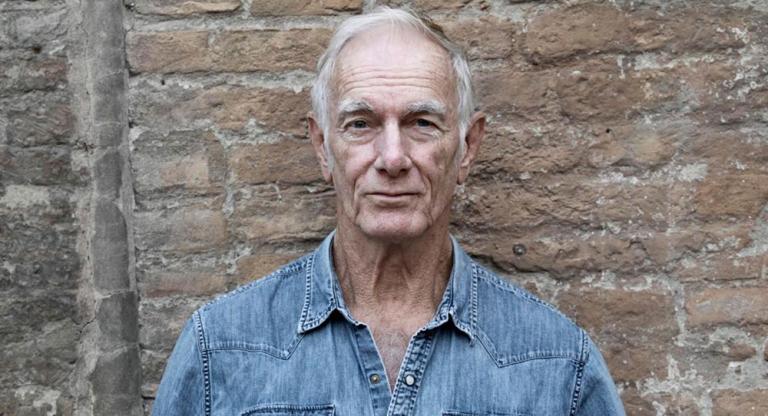Patrick Tam directed My Heart is That Eternal Rose in 1989, as Hong Kong entered a decade of political uncertainty. The film falls somewhere between John Woo’s bullet-riddled ballets and Douglas Sirk’s romantic melodramas. With its synth-heavy score and multi-colored nightclub sets, this gem is not only a moving portrait of doomed romance, but it also laid the groundwork for many of the territory’s most iconic films.
When the retired mafioso Cheung (Kwan Hoi-san) is roped into a final job, his daughter Lap (Joey Wong) and her boyfriend Rick (Kenny Bee) are thrown head first into Hong Kong’s blood-soaked gangster underworld. After Cheung is betrayed by a crooked cop (Ng Man-tat), Rick and him find themselves in the crosshairs of the mob. While Rick flees to the Philippines, the young Lap makes a Faustian bargain with the ruthless gang-leader Godfather Shen (Chan wai-man); if he protects her family, she will become his mistress. Years later, Rick—now a contract killer—returns from his exile and fatefully reunites with Lap amid bustling Hong Kong traffic. Aided by Lap’s naïve bodyguard (Tony Leung)—who is also helplessly in love with her—the pair try to make a run from Shen’s relentless hit squads.
With the help of cinematographer Christopher Doyle, Tam creates an engrossing portrait of his city. With its beached-themed bars and gold-chained gangsters, Tam’s Hong Kong looks like Miami in the ‘80s—both are port cities where criminals run amuck in lavish suits and cars. In his vision of Hong Kong, a longing for the blissful innocence of the past is completely drowned out by a hellish present. Whether it’s in an intimate close-up or a frenzied shoot-out, the film’s fiery melodrama is always front and center. The film’s characters are always drenched in a neon haze, enveloped in a flood of fluorescent lighting and dark shadows. Like in his future collaborations with Tam’s mentee, Wong Kar-wai, Doyle amplifies the emotional weight of fleeting moments by focusing his lens on characters’ facial expressions—every stolen glance is imbued with a lifetime of longing.
In the final line of the film’s theme song, a cover of “Decorative Tears” sung by Cantopop megastar Anita Mui, she heartbreakingly utters the words, “Every night I kiss someone else’s lips to hide my shattered heart, my numb body tears yesterday’s memories apart.” The tear-jerking ballad captures the tragedy at the center of Tam’s story, which is that of a world in which people idealize figures from bygone eras. While later films like Days of Being Wild (1990) and Infernal Affairs (2002) situate this longing within Hong Kong’s epochal political changes, Tam’s film delivers an unparalleled expression of pure rage and passion.
My Heart is That Eternal Rose screens Wednesday, May 29 at the Drafthouse New Mission.
Previously:
My Heart is That Eternal Rose screens tonight, and throughout next week, at Metrograph in a new digital restoration.



